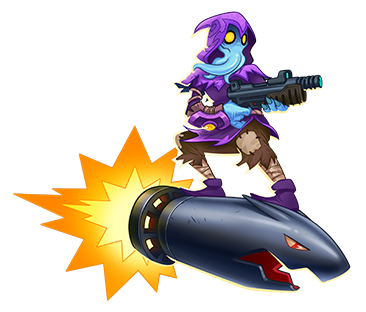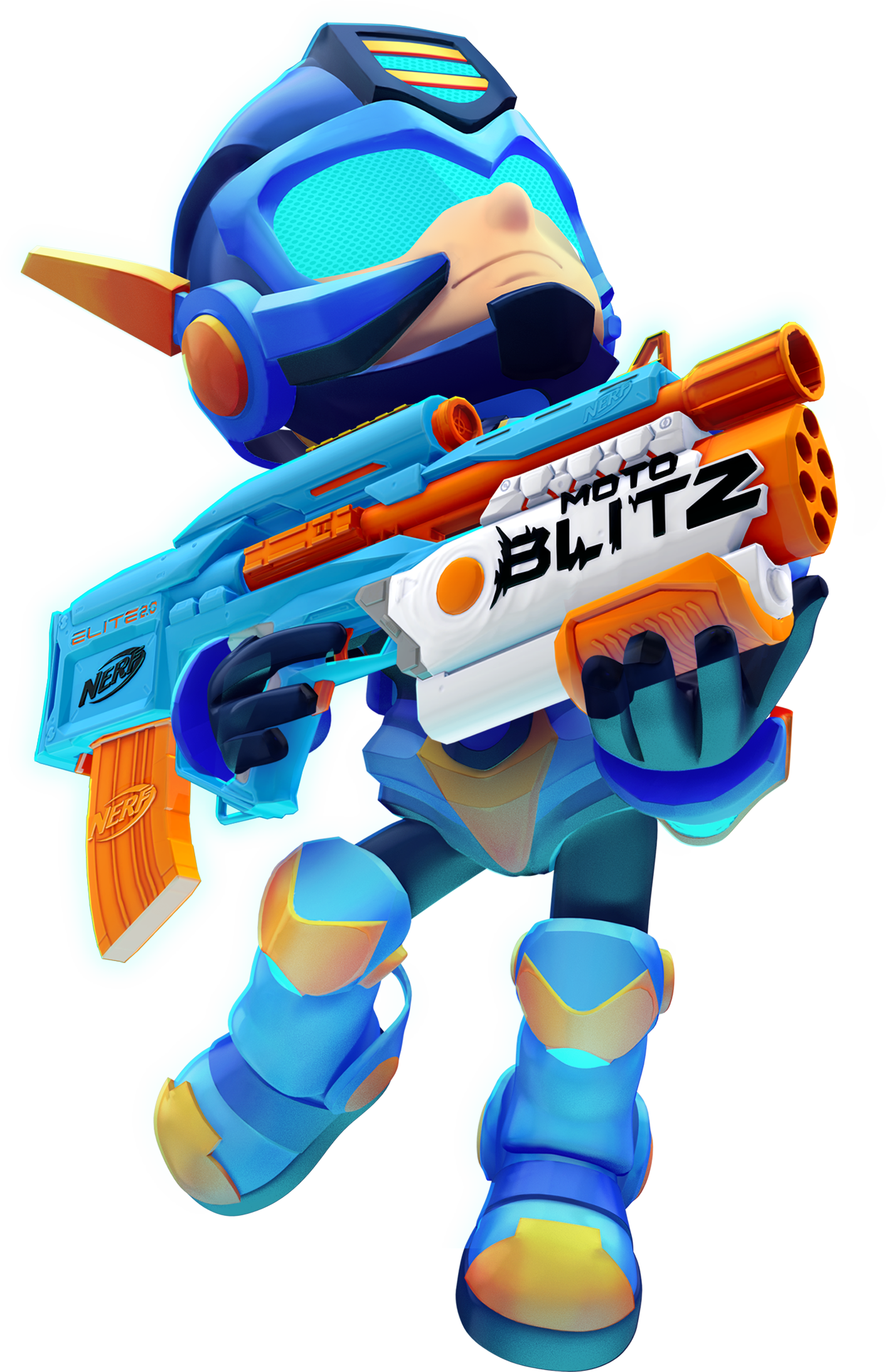
Lightheart Entertainment \\ Mr Autofire
MARKET ENTRY FOR NEW GAMES is even more challenging than before, as game markets have met changes. Competition has intensified, with a few successful games dominating a large portion of players' gaming time. The market is becoming increasingly saturated, making it challenging to create a game with the right market fit, access these markets, and successfully publish new games. On mobile, ad markets are still in upheaval due to changes introduced by Apple and Google, making user acquisition extremely expensive, difficult, and risky and creating a significant market access barrier, particularly for small studios. Despite some pessimistic voices, Finnish studios are generally optimistic that the industry will return to growth in 2026 at the latest.
Challenging times are also an opportunity for innovative studios. As traditional game markets become mature and oversaturated, Finnish game developer studios hope that new alternative distribution channels (e.g., mobile and web) enabled by in-game stores and cross-platform game engine support will bring much-awaited new market opportunities and help bypass many of the restrictions set by dominant industry platforms.

Nitro Games \\ NERF: Superblast
Strong Finnish game IPs continue to conquer the world. There are more risks associated with the development of new games than before, as players show less interest in new IPs than they once did. Those Finnish studios that already have a solid audience and means to reach them are faring much better in this market environment than those creating their first games. Studios with successful IPs in their hands are focused on keeping their old games alive, supported by their loyal fan communities, and continuing their steady growth despite a challenging market environment.
Finnish developers have also successfully extended already existing IPs. Next Games with The Walking Dead: No Man's Land, Remedy with Alan Wake series, and Supercell with their mash-up game Squad Busters. In some cases, cooperation with global brands has also been mutually beneficial. One example of that is Fingersoft's cooperation with Lego in Lego Hill Climb Adventure.
Finnish Industry seniors are investing in web games. The billion-dollar question for the global game industry is where the new generation of players will migrate from these platforms when they get older. This is a generation that has grown accustomed to playing games without downloading apps.
Therefore, in particular, HTML5-based web games (including platforms like mobile browsers, PC browsers, Discord, Line, and Telegram) that can be played across different platforms from an ad with one click have gained the attention of some of the most promising new game industry start-ups in Finland. Time will tell if the web games will find their markets, and Finnish studios may once again have the advantage of being forerunners in rapidly growing markets.

Small Giant Games \\ Empires & Puzzles
Bigger projects, bigger teams, bigger project management challenges. As player expectations grow, so do game production demands (e.g., multiplayer features), budgets, and teams. To stand out, indie studios must meet increasingly high production standards.
At the same time, although more advanced game production tools and solutions are available on the market, introducing them into a production process for the first time often leads to project management challenges, especially when the team lacks access to experienced senior talent. It is equally challenging to strike the right balance between maintaining the company's agility and ensuring that game production proceeds as planned.
However, this also presents a huge opportunity for small and agile teams, such as Finnish indie game developers, who are able to produce high-quality games with relatively low risk and lower costs while maintaining complete control over the entire production process.
Finnish indie studios are widening their scope to business development. Instead of experimenting with fail-fast games, successful Finnish game developers are now focusing on well-planned productions aimed at specific market segments. This means developing fewer but more specialized games.
Many studios are trying to identify niche markets on Steam that offer the highest potential for success with the least competition. To run operations like this successfully, game developer studios must have access to market analytics skills and tools.

All Hats \\ Coin Rush
The first Finnish studios running a profitable business on UGC platforms have emerged. Some developers are expecting growth and seeing new opportunities in platforms like Roblox and Fortnite, which focus on user-generated content, making game development possible for everyone.
The production costs of these games are exceptionally low compared to more advanced platforms, which can potentially enable new influencer developers to emerge who can finance game development through the revenue stream of their fan community. However, there are only a few Roblox game developers in Finland, All Hats being an exception at the moment. Unfortunately, this means that there is no peer support network for knowledge sharing and mentoring similar to those found in major industry segments in Finland.
While the UGC market is a large and competitive space for ambitious companies like HypeHype, it also presents an opportunity to connect closely with consumers and establish a position as a distribution channel. Being as close to the player as possible might be the key to future success.
Finnish indie success stories are here to stay. The ambition level of Finnish indie game developers is high. Some have successfully found their niche markets and possess the skills to produce better-than-average games. They are also the ones that can operate with reasonable risk levels and that have found a way to succeed.
One successful emerging indie game trend in the Finnish Game Industry seems to be the rise of life simulators. My Summer Car, initially launched in 2016, was one of the first Finnish success stories in the genre. After several tryouts, like the Finnish Army Simulator, its success was followed by the Finnish Cottage Simulator in 2024. Other highly successful niche games include the snowmobile game Sledders by Hanki games and CSE Simulation’s exergames.